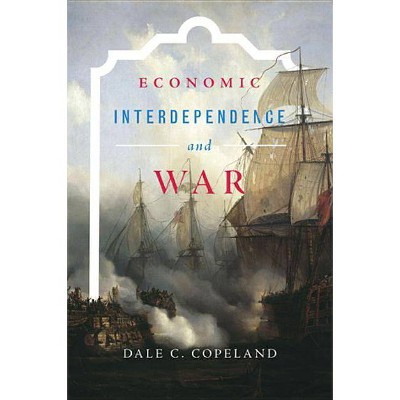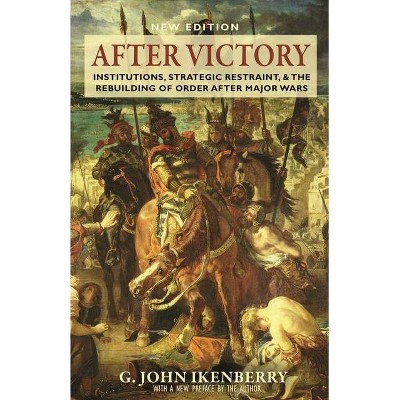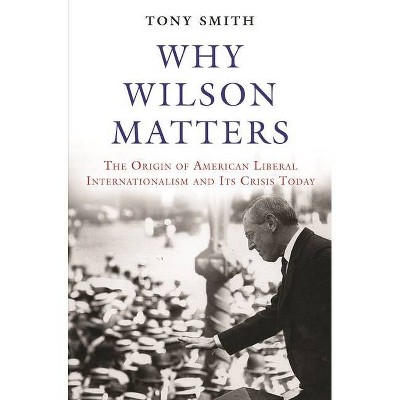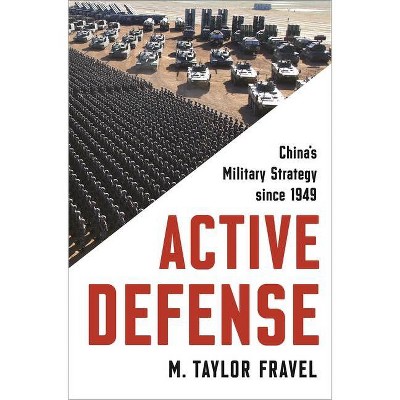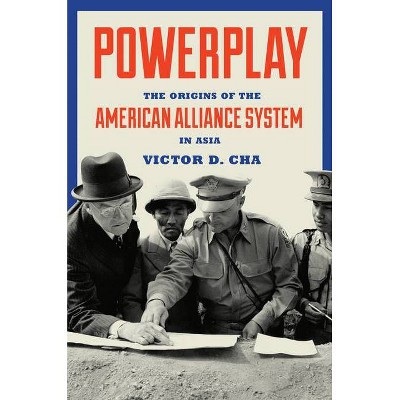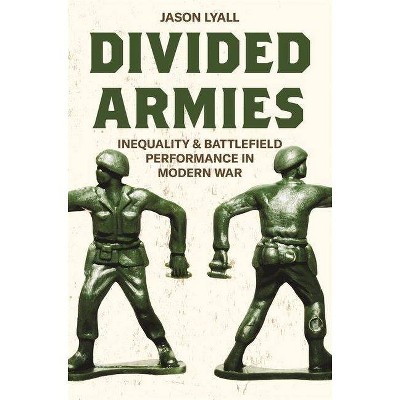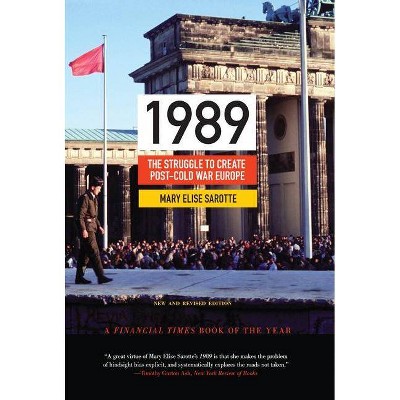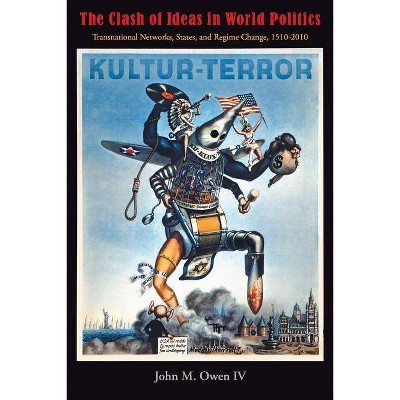The Spectre of War - (Princeton Studies in International History and Politics) by Jonathan Haslam (Hardcover)
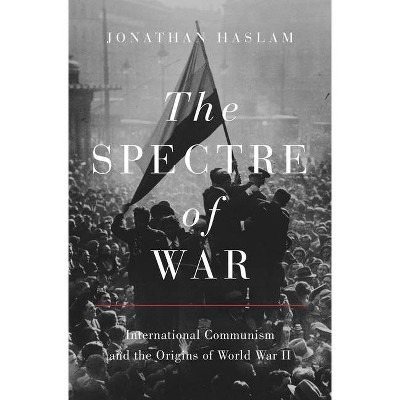
Similar Products
Products of same category from the store
AllProduct info
<p/><br></br><p><b> About the Book </b></p></br></br>"This book is a global history of the Interwar period, which posits a new history for the origins of the Second World War. Jonathan Haslam argues that it was not only the failures of the treaties that ended the First World War that led to the Second, as has traditionally been supposed. Rather, fear of international communism hampered the Great Powers and prevented the necessary diplomatic steps to contain the aggression of Germany and Japan to a much greater extent and much earlier in history than previous scholarship has recognized. Haslam looks at newly discovered and neglected archival materials around the world to show how communism as a social and political force shaped the politics in countries as diverse as Britain, Spain, France, as well as the U.S., China, and European colonies in the 1920s and 1930s. Both Communism and fear of communism were essential components of the period's political and class divides within Europe, the Weimar crisis, the Great Depression, and colonial conflicts around the world. These social factors formed the essential background to the grand political dramas in each country, explaining for example why France seemed timid, Britain appeased, and the U.S. self-isolated. Haslam expertly brings together domestic and international politics as well as the European and Asian theaters to shed new light on this pivotal period of history in new ways. Ultimately, he shows that international communism was much a more significant factor in the diplomatic failures that permitted Japan's increased aggression and Hitler's rise to power than was previously thought"--<p/><br></br><p><b> Book Synopsis </b></p></br></br><p><b>A bold new history showing that the fear of Communism was a major factor in the outbreak of World War II</b> <p/><i>The Spectre of War</i> looks at a subject we thought we knew--the roots of the Second World War--and upends our assumptions with a masterful new interpretation. Looking beyond traditional explanations based on diplomatic failures or military might, Jonathan Haslam explores the neglected thread connecting them all: the fear of Communism prevalent across continents during the interwar period. Marshalling an array of archival sources, including records from the Communist International, Haslam transforms our understanding of the deep-seated origins of World War II, its conflicts, and its legacy. <p/>Haslam offers a panoramic view of Europe and northeast Asia during the 1920s and 1930s, connecting fascism's emergence with the impact of the 1917 Bolshevik Revolution. World War I had economically destabilized many nations, and the threat of Communist revolt loomed large in the ensuing social unrest. As Moscow supported Communist efforts in France, Spain, China, and beyond, opponents such as the British feared for the stability of their global empire, and viewed fascism as the only force standing between them and the Communist overthrow of the existing order. The appeasement and political misreading of Nazi Germany and fascist Italy that followed held back the spectre of rebellion--only to usher in the later advent of war. <p/>Illuminating ideological differences in the decades before World War II, and the continuous role of pre- and postwar Communism, <i>The Spectre of War</i> provides unprecedented context for one of the most momentous calamities of the twentieth century.</p><p/><br></br><p><b> Review Quotes </b></p></br></br><br><p>Drawing on sources in English, French, Russian, German, Italian, Spanish and Swedish from archives across Europe (and beyond), <i>The Spectre of War</i> is full of fascinating stories that offer a unique glimpse into the tormented world on the eve of the Second World War. Elegantly crafted, it offers the reader the knowledge of a scholar who has worked in the field for decades.</p><b>---David Motadel, <i>Times Literary Supplement</i></b><br><br>Anyone interested in global tensions in the interwar period will learn much from the latest book by Haslam. . . . He draws on a lifetime of expertise on the Soviet Union and Russian foreign policy to explain how fear of communism permeated international relations after 1917.<b>---Tony Barber, <i>Financial Times, Summer Books 2021</i></b><br><br>Books of this quality and significance are rare. Haslam has mined the archives of all the main players to produce an excellent, game-changing thesis that is as convincing as it is original.<b>---Saul David, <i>The Times</i></b><br><p/><br></br><p><b> About the Author </b></p></br></br><b>Jonathan Haslam</b> is the George F. Kennan Professor in the School of Historical Studies at the Institute for Advanced Study. He is a fellow of the British Academy, a fellow of Corpus Christi College, Cambridge, and professor emeritus of the history of international relations at the University of Cambridge. His books include <i>Near and Distant Neighbors </i>and <i>Russia's Cold War</i>. He divides his time between Princeton, New Jersey and Cambridge, England.
Price History
Price Archive shows prices from various stores, lets you see history and find the cheapest. There is no actual sale on the website. For all support, inquiry and suggestion messages communication@pricearchive.us
